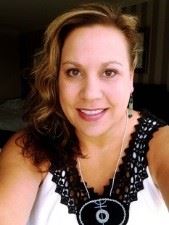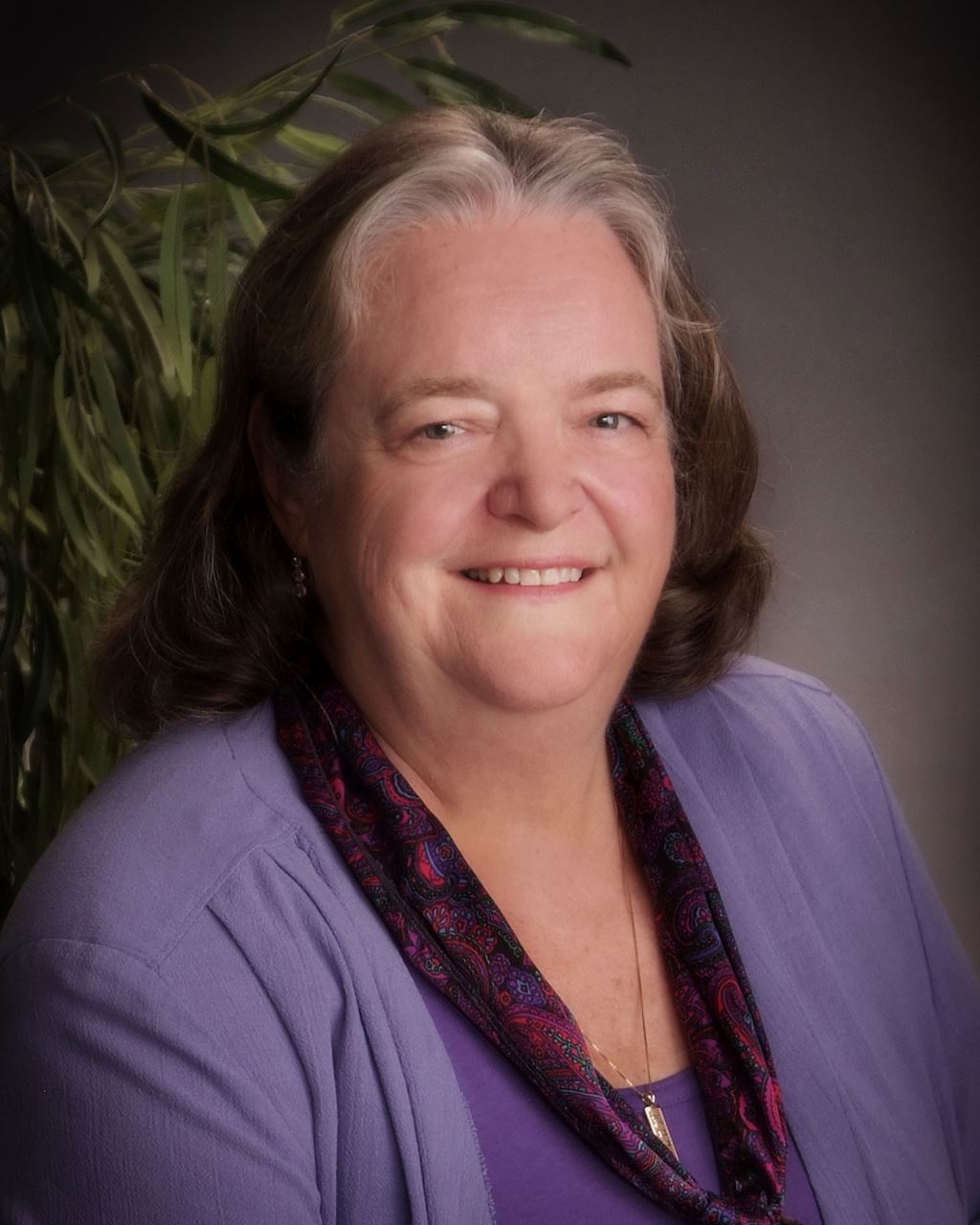|
2019 Pre-conference Workshops
To reserve your seat, please follow this link and click Register
Indigenous Evaluation: Foundations, Building Relations, and Applications
Full-day Workshop 9am - 4pm
Thursday, September 19, 2019
Presenters: Nicole Bowman (Mohican/Lunaape-Munsee), PhD and Carolee Dodge Francis, EdD
Indigenous evaluation (IE) is a member of the culturally responsive evaluation family with important intersectional applications to western evaluations. This practical and interactive workshop will facilitate learning and understanding of theories and methodologies associated with Indigenous evaluation to be utilized for applied practice. Workshop participants will be given strategies to build authentic relationships, professional practice matrixes, and examples of how to co-design effective system, program, or project evaluation studies to collaborate with. Specifically, workshop participants will be instructed on how to conduct with (not on) Tribal nations and Indigenous communities. The premise of this session is based upon the four directions contained within a medicine wheel and “Nation-to-Nation” evaluation for inclusion of political and legal rights of Tribal/First Nations governments and people, including Alaska Native and Native Hawaiian. Participants will experience whole brain engagement (i.e. linear, mini-lecture as well as creative, experiential, cultural, and group activities); gain knowledge with regard to activities and pedagogical strategies: cultural and community protocols gathered through traditional knowledge sources; be given key theoretical, legal, and methodological foundations of Indigenous evaluation; alignment and relationship to western theories, methods, and design; and application to real world (and your world) through demonstrations, case studies, and community of practice discussions. Bring your own case study if you want feedback for an evaluation design! Participants will leave with many new resources and supportive relationships to ensure the direction of Indigenous evaluation, and you as an evaluator!
Learning Objectives:
- Learn and reflect about the nature of cultural, societal implications and community foundations of Indigenous evaluation (global north focus but some global south).
- Understand the historical, legal, and political aspects that should be informing all evaluations with Indigenous participants and Tribal Nations.
-
Formulate meaning and the connections with Indigenous evaluation to culturally responsive, Latina/o, other Indigenous, and western evaluations, as a tool to incite change.
- Reflect, adapt, and apply Indigenous evaluation as a way to inform your professional evaluation practice and in future evaluation activities.
- Renew, share and celebrate Indigenous evaluation, practically and operationally, as a transformative social justice lever for your workplace and within your association.
- Identify opportunities to advocate for Indigenous communities. Including, driving necessary policy and programmatic changes among local, national, and international stakeholders; in both the public and private sectors.

For over two decades, Dr. Nicole Bowman (Mohican/Lunaape)(right) has utilized traditional Indigenous knowledge and theories to inform her policy, evaluation, and professional practice at a project and nation-to-nation level between Tribal and non-Tribal Governments. She has served as the American Evaluation Association’s (AEA) Chair or Co-Chair for the Indigenous Peoples in Evaluation since 2015 and since 2016 has been serving as AEA’s representative for the International Working Group (IWG) and as an appointment on EvalIndigenous (sub-task force of EvalPartners).
Dr. Bowman received AEA’s 2018 Robert Ingle Service Award (first Indigenous awardee) and she regularly publishes, is a conference keynoter or trainer, and provides technical support to Tribal and non-Tribal leadership and board members to inform nation-to-nation theories, methods, and direct service for systems and program evaluation. Interactively and passionately she works to build the capacities, knowledge, and skills of Indigenous and non-Indigenous stakeholders so mutual and respectful relations result in more impactful and sustainable changes.

Dr. Bowman received her PhD from the University of Wisconsin-Madison, USA where she was on academic fellowship and currently is employed by the Wisconsin Center for Educational Research as a culturally responsive evaluator. She is also on the journal review boards for the American Journal of Evaluation, Canadian Journal of Program Evaluation, and the Multidisciplinary Evaluation Journal
Dr. Carolee Dodge Francis (left) is a Native American social behavioral researcher and a member of the Oneida Nation of Wisconsin. She is the Executive Director of the American Indian Research and Education Center (AIREC), and an Associate Professor within the School of Community Health Sciences, University of Nevada, Las Vegas. She is nationally recognized for her qualitative research, programming, evaluation, and curriculum development in chronic disease within urban and reservation Tribal communities. Dr. Dodge Francis is the Principal Investigator for federal grants and is a published author.
 Using Geographic Information Systems (GIS) for Program Evaluation
Using Geographic Information Systems (GIS) for Program Evaluation
Morning Workshop 9am-12pm
Thursday, September 19th, 2019
Presenter: Javzandulam Azuma
This workshop provides an introduction to geographic information systems (GIS) and how mapping and analyses can inform a variety of evaluation stages. It presents basic GIS mapping concepts and basic spatial analysis methodology using actual applications in evaluation. The workshop will discuss a variety of available software – paid and free – with demonstrations of ArcGIS (paid) and open-source QGIS (free). Through a hypothetical case study, participants will engage in exercises to deepen their understanding of GIS. The workshop will also discuss the strengths, limitations, and future trends of GIS in the context of the evaluation field. However, due to time limits, software complexity, and technology limitations, the course will not include hands-on training of GIS software. This workshop is appropriate for beginners to GIS.
Dr. Javzandulam Azuma is a Data Analyst at the Center on the Family, University of Hawaii Manoa. She has over 10 years of experience in GIS, Remote Sensing and their applications. Her research interests include developing methods and modelling to address various issues in spatial, social, and environmental science using a combination of multiple tools including remote sensing, GIS and statistics. She earned her Ph.D. in GIS and Remote Sensing from Chiba University, Japan.
Evaluating Educational Initiatives: What to Measure and How to Collect the Data
Afternoon Workshop 1pm - 4pm
Thursday, September 19th, 2019
Presenter: Linda Toms Barker
This workshop will share insights and lessons learned from evaluations of educational initiatives conducted here in Hawai‘i, as well as give workshop participants an opportunity to explore the process of identifying key evaluation questions, measures commonly used to address them, and data collection methods and tools to ensure high quality, rigorous evaluation efforts. Working in small discussion groups, participants will work with several evaluation case studies and discuss not only what might be ideal evaluation questions, measures and data collection methods, but also the challenges and barriers that one might encounter in evaluating these initiatives. Then the presenter will share the evaluation questions and methods actually used for each of the case study evaluations along with factors affecting the selection of measures and detail on data collection methodology. The workshop will conclude with a discussion of barriers and challenges and strategies for addressing them.
Linda Toms Barker, M.A., has 40 years of experience in program evaluation and public policy research in the fields of education, workforce development and social services. Her career as an evaluator has emphasized linkages from research to practice, identifying innovations and promising practices, and assessing the replicability and transferability of program models and strategies. She has extensive experience with integrated mixed methods designs, both as a program evaluator, and in the role of capacity building among grantee programs to enhance their ability to conduct evaluation to support program improvement. Her work has included randomized controlled trial and quasi-experimental evaluations of participant outcomes and program impacts, conducting mail, phone and online surveys, structured interviews and case studies, developmental evaluation, benefit-cost analyses of programs and service strategies, and developing standards and benchmarks for measuring program performance. Her experience in Hawai‘i includes evaluation of social and emotional learning programs, literacy programs, sexual health curriculum and out of school time programs.



